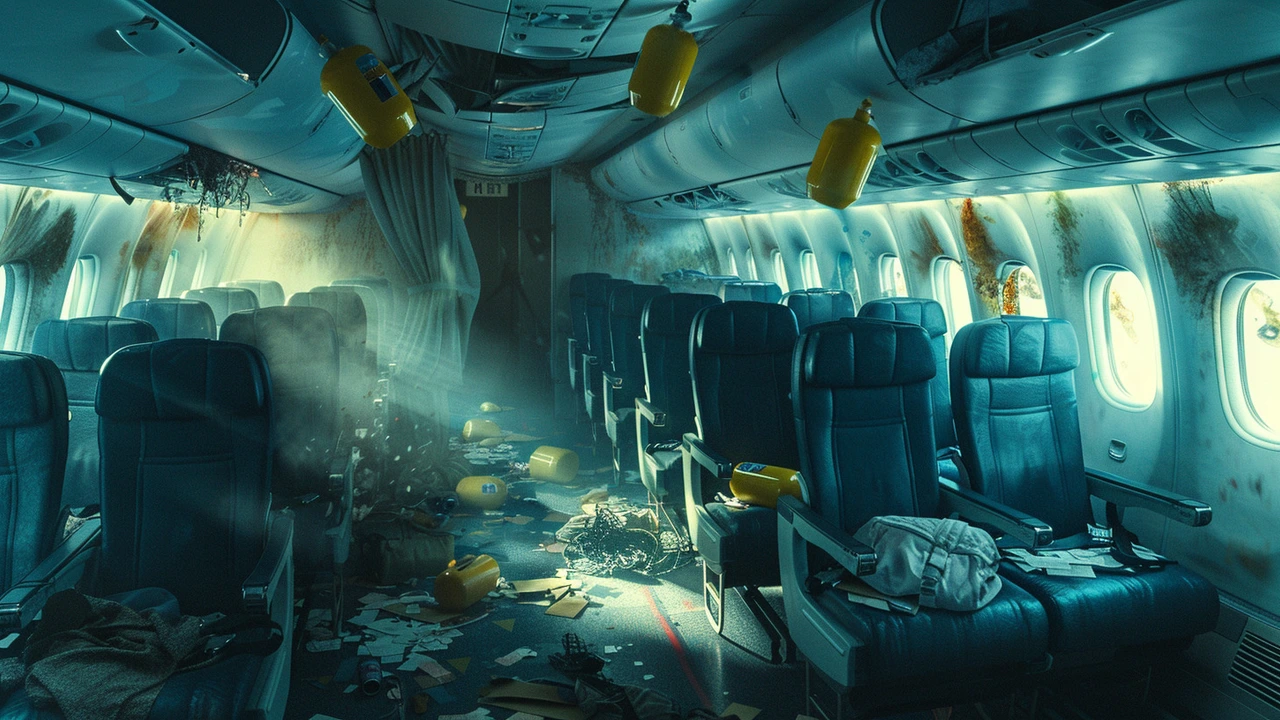Flight incident: how to check facts fast and protect yourself
A flight incident—anything from an emergency landing to a technical fault or runway accident—can be confusing and stressful. When you see breaking headlines, you want clear steps: where to get reliable updates, how to verify what you read, and what to do if your journey is affected. This page gives practical, no-nonsense guidance so you can act quickly and avoid wrong info.
How to follow an unfolding flight incident
Start with official sources. Check the airline’s website and social feeds first; airlines post immediate passenger instructions and contact numbers. For investigation updates, look to national agencies: NTSB (US), AAIB (UK), BEA (France) or local civil aviation authorities like SACAA (South Africa), NCAA (Nigeria) and KCAA (Kenya). These bodies release factual reports and safety findings.
Use live flight trackers like FlightAware, Flightradar24 or ADS‑B Exchange to see a plane’s last known position and status. Those tools show real-time flight paths and last communications, which helps separate rumor from reality. For verified incident records, Aviation Safety Network is a reliable archive of past accidents and official summaries.
Be careful with social media. Photos and videos spread fast but can be old or from another place. Verify images with reverse image search, check timestamps, and compare posts to official statements. Trust news outlets that cite named officials, flight numbers, or investigation agencies rather than anonymous claims.
What to do if you’re affected
If your flight is delayed, diverted or cancelled, contact the airline right away for rebooking options. Keep boarding passes, receipts for extra expenses (meals, hotels, transport), and any written communication from the airline—you’ll need them for refunds or insurance claims. If you’re at the airport, listen to gate announcements and staff instructions; they’ll often provide the fastest local help.
Know your rights. For flights covered by EU rules (EU261) you may be entitled to care or compensation for long delays and cancellations. For international incidents, the Montreal Convention covers passenger injury or loss in many cross-border cases. Travel insurance often covers unexpected costs—call your insurer as soon as you can and file claims with receipts.
If you witness something serious, give a clear account to airline staff and, if asked, to investigators. Take photos only if safe to do so and avoid sharing unverified footage publicly. For safety concerns or to report suspicious behavior, notify airport security or local police immediately.
Want quick updates? Bookmark the airline’s flight status page, follow your national aviation authority and a trusted tracker app. That combo gives verified info, live tracking, and official follow-ups—so you’re informed without the noise.
